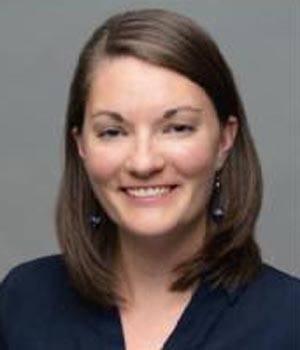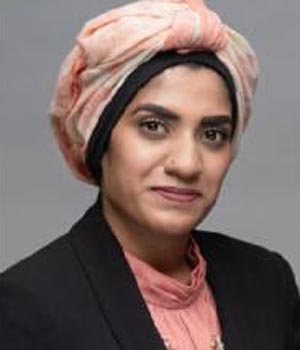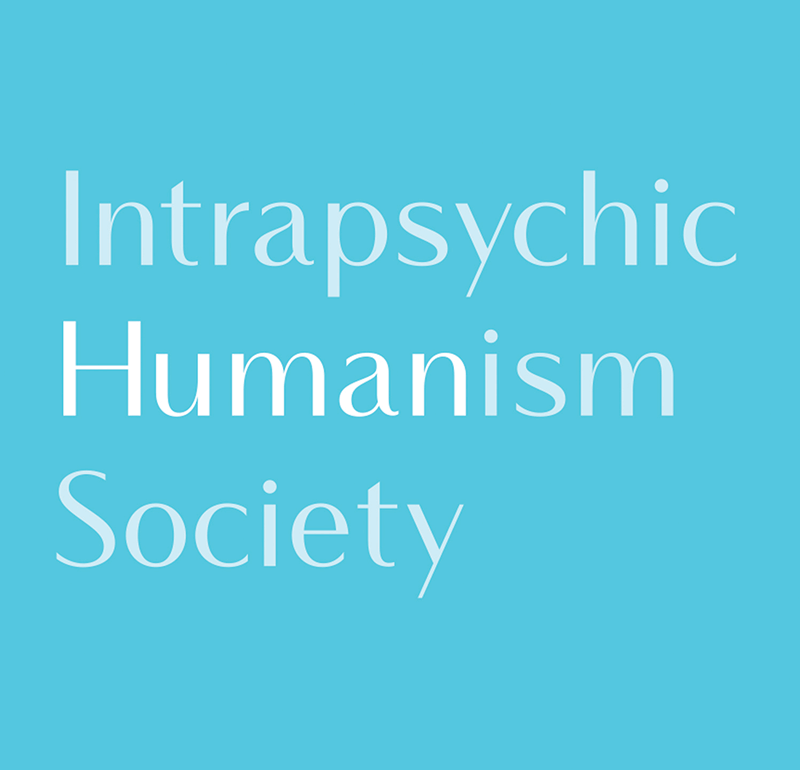Webinar
Co-sponsored by

The Walter D. Miller, LCSW Lecture
Connect 2 Kids: Equipping Teachers (and At-Home Teachers) with Relationship Strategies to Reduce Children’s Emotional and Behavioral Barriers to Learning
Stephen Budde, PhD, LCSW, Katie Gleason, MS, LCSW, Rameya Shanmugavelayutham, LCSW
Member Rates: Regular: $75 | Early Career Professional: $60 | Student: $50
Non-Member Rates: Regular: $85 | Early Career Professional: $65 | Student: $55
2.5 CEs for Psychologists, Social Workers, and Professional Counselors
Description
The educational worlds of children and teachers, including new at-home “teachers,” have been upended by the coronavirus pandemic. With the multitude of stresses and losses children and teachers are facing, it has never been more important to equip educators with understanding and strategies to reduce children’s emotional and behavioral barriers to learning. Strategies will be presented from an innovative program at JPA, Connect 2 Kids, that are used by licensed mental health clinicians to provide support and guidance to elementary school teachers who work amidst the chronic racial inequities, violence, and high levels of trauma affecting children and families in Chicago’s most disadvantaged neighborhoods. Insights and strategies from Intrapsychic Humanism, which are being used to help teachers compassionately understand and more effectively respond to even the most vulnerable students, can also be applied by at-home teachers, including:
- how to identify specific signs of progress (for children and teachers), understand the non-linear nature of change (2 steps forward and 1 step back), and remain optimistic in the face of setbacks
- how children in distress are often set up for failure by common and unrealistic behavioral expectations of young children, a narrow focus on compliance, and punitive disciplinary practices and procedures
- how to better understand the unhappiness that underlies children’s counterproductive emotional and behavioral patterns, including negative attention seeking, motives for conflict or isolation, and sensitivity to loss
- how meaningful change (for both children and teachers) in functioning and self-confidence is fostered through caring relationships
- how to tailor specific relational interventions and responses based on children’s communications
- how providing children proactively with positive relationship opportunities and remaining involved, interested, and non-punitive can serve as antidotes to negative attention-seeking
Learning Objectives
By the end of the webinar, participants will be able to:
- Describe how meaningful improvement in children’s functioning and self-confidence is fostered through caring relationships
- Describe two relational strategies teachers can use when children are exhibiting emotional and behavioral difficulties
- Describe signs of progress in children that teachers can support and strengthen
Presenters

Stephen Budde, PhD, LCSW
Dr. Stephen Budde is the Executive Vice President of the Juvenile Protective Association (JPA), a Lecturer at the University of Chicago School of Social Service Administration, and a Research Affiliate at the University of North Carolina at Chapel Hill School of Social Work. Dr. Budde has over 30 years of experience in child welfare and mental health as a researcher, teacher, administrator, trainer, consultant, and therapist. Dr. Budde oversaw the initial design, implementation, and evaluation of JPA’s award winning school based mental health services. His roles in JPA’s mental health consultation services for elementary school teachers include articulating the clinical and programmatic theory of change, evaluating outcomes, and providing clinical consultation to the JPA mental health consultants. Dr. Budde has led or participated in numerous evaluations and studies at JPA, previously as Senior Researcher at Chapin Hall at the University of Chicago, and at Smart Love Family Services. He has provided expert support on best practices, evaluation, and continuous quality improvement to the Illinois Department of Children and Family Services, Chicago Children’s Advocacy Center, Children’s Advocacy Centers of Illinois, Illinois Children’s Justice Task Force, and multiple private foundations, child welfare agencies, and mental health providers.

Katie Gleason, MS, LCSW
Katie Gleason is the Senior Clinical Supervisor at Erie Neighborhood House, overseeing the mental health programming at their Early Childhood Center. In this role, she provides clinical supervision to clinicians providing play therapy and serves as the Infant and Early Childhood Mental Health Consultant to the Center. Previously, Ms. Gleason worked for the Juvenile Protective Association (JPA), serving as the Director of JPA’s Connect 2 Kids (C2K) program partnering with underserved schools in Chicago to provide expert mental health consultation, training, and support to educators. She oversaw the initial development and growth of C2K, supporting its expansion from a pilot program focusing on Kindergarten, to a program that serves educators teaching in grades Pre-K through 8th grade, and served as one of the Mental Health Consultants working with the teachers. At JPA, Katie also provided school-based and home-based psychotherapy to children and caregivers. She is committed to working with individuals and communities impacted by trauma and socioeconomic and racial inequities. She received her BA in Psychology from the University of Colorado, an MS in Child Development from the Erikson Institute, and her MSW from Loyola University Chicago.

Rameya Shanmugavelayutham, LCSW
Rameya Shanmugavelayutham is the Acting Director of JPA’s Connect 2 Kids program and a Mental Health Consultant with JPA’s Connect 2 Kids program where she provides contextually relevant consultation to Pre-K through 3rd grade teachers across Chicago. She received a Bachelor’s Degree from Loyola University Chicago in Spanish Language and Literature and a second Bachelor’s Degree in International Studies. She holds a Master’s Degree in Social Work from the University of Michigan in Ann Arbor and an Infant Mental Health Certificate from the Erikson Institute.
